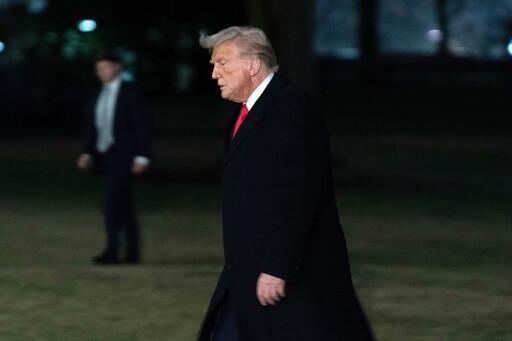What ultimately influenced U.S. President Donald Trump’s decision last week to delay the tariffs he planned to impose on Canadian imports was arguably Canada’s announcement of targeted retaliatory tariffs on U.S. exports, strategically designed to affect Republican-leaning states the most. But the measures that may be enough to make Mr. Trump pause may not be enough to make him back off permanently.
. . .
Consequently, unless retaliatory measures pose a significant economic threat to the United States, Mr. Trump is likely to proceed with imposing tariffs on trading partners with which the country has large trade deficits, such as China (US$350-billion), Mexico (US$130.6-billion), Canada (US$100-billion) and the European Union (US$200-billion).
The key challenge for Canada – and other U.S. trading partners – is clear: to design a package of retaliatory tariffs and countermeasures that maximally affect U.S. economic interests. One effective strategy to do so is targeting the U.S.’s massive and rapidly growing service trade surplus.



Here’s a different take: measures that affect the population don’t matter at all. He’ll spin it one way or the other, blame somebody and the trollfarm-fed inbred dimwits won’t know any better. It’s useless, elections don’t matter anymore.
Targeting the billionaires, especially in the services industry, will cause them to put the brakes on trump in a SECOND, and halt him in his tracks.